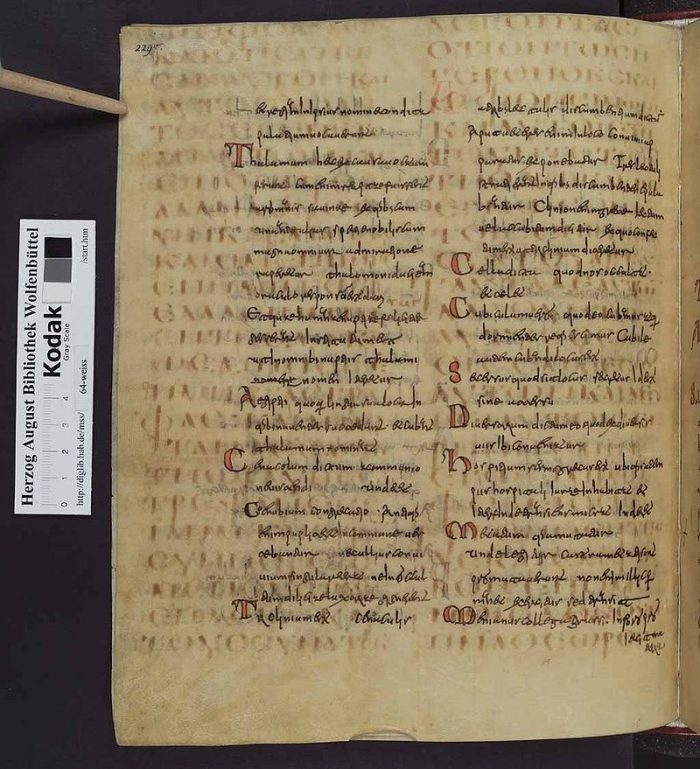Well, I finished the third series of Holmes short stories this week. It is called The Return of Sherlock Holmes because it is in these stories that Sir Arthur Conan Doyle raised his dead detective back to life. You may recall that for almost ten years, readers believed that Holmes and his archenemy, Professor Moriarty, had fallen over a cliff to their deaths.
Holmes returns in the adventure of “The Empty House”, another one of my favorite stories. Even Watson could not see through Holmes’ disguise as an elderly bibliophile.
The stories included in this set are:
- “The Empty House”
- “The Norwood Builder”
- “The Dancing Men”
- “The Solitary Cyclist”
- “The Priory School”
- “Black Peter”
- “Charles Augustus Milverton”
- “The Six Napoleons”
- “The Three Students”
- “The Golden Pince-Nez”
- “The Missing Three-Quarter”
- “The Abbey Grange”
- “The Second Stain”
Each of these stories focuses on how Sherlock Holmes uses his great powers of deduction and observation to solve mysteries. Some of the cases involve murder, others involve blackmail, robbery, and personal secrets that could lead to ruin. “The Second Stain” also deals with national politics and the theft of a document that could cause war in Europe.
I have thoroughly enjoyed each story, but my two favorites of these are “The Empty House” and “The Six Napoleons”. That may also be due to the radio dramatizations of these two stories that I have previously enjoyed. “The Six Napoleons” certainly has the reader guessing right ’til the end who the thief is and why he is shattering busts of Napoleon.
I am sure I have stated this before, but if you have not yet read any Sherlock Holmes stories for yourself, I encourage you to do so. It is different to read these than to listen to them being read or dramatized. They are so much fun!



